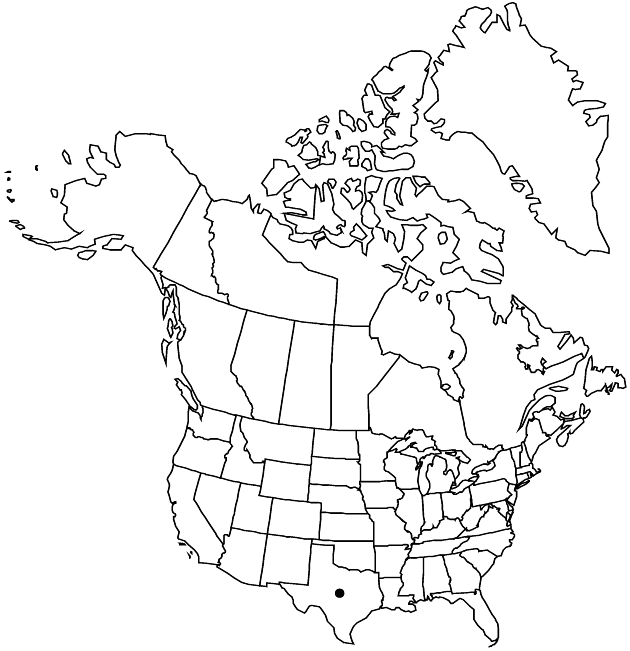Laënnecia filaginoides
in A. P. de Candolle and A. L. P. P. de Candolle, Prodr. 5: 376. 1836.
Annuals, 10–30+ cm. Leaf-blades: bases obscurely, if at all, clasping, faces densely to loosely tomentose (at least abaxially, sometimes glandular beneath tomentum); proximal narrowly obovate or oblanceolate to linear, 10–30 × 1–5 mm, often obscurely pinnately lobed or toothed; distal similar, smaller, entire or distally toothed. Heads in ± racemiform arrays (on main and lateral stems). Involucres 3.5–4.5 mm. Receptacles 1.5–2.5 mm diam. Pistillate florets 20–40+; corollas: lengths ± 1/2 styles, laminae 0. Disc-florets 3–10. Cypselae purplish, 1.3–1.5 mm, densely sericeous (hairs 0.3–0.5 mm), sometimes glandular near apices; pappi of 30–40+ white bristles in 2 series, outer ± persistent, 0.8–1 mm, inner persistent or ± fragile, 2–3 mm. 2n = 18.
Phenology: Flowering late summer–fall.
Habitat: Disturbed sites, openings in pine and oak forests
Elevation: 1800–2300 m
Discussion
Selected References
None.
